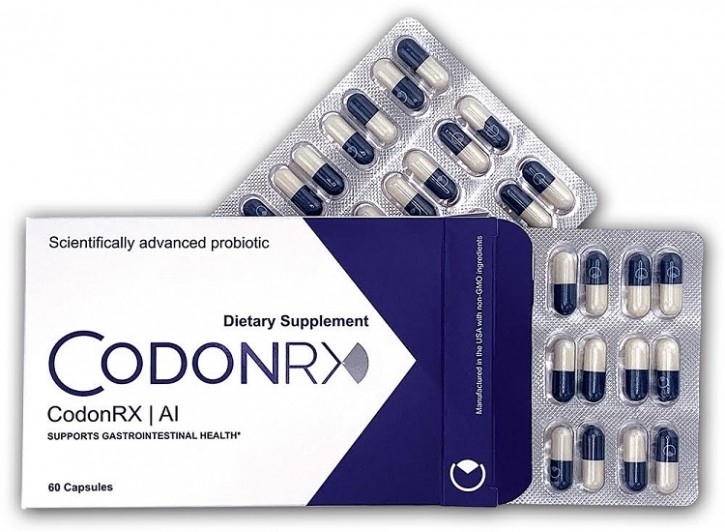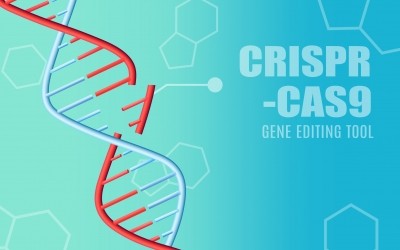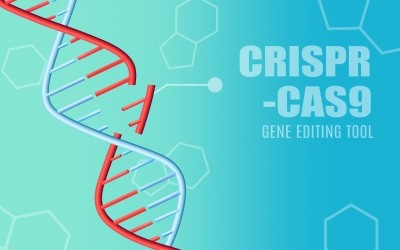Provaxus licenses NC State’s probiotic for reducing GI inflammation

The story all starts with Lactobacillus acidophilus NCFM, a bacterium discovered at North Carolina State University in the 1970s. NCFM stands for North Carolina Food Microbiology, the lab where this strain was discovered. NCFM is the subject of hundreds of studies and papers, was among the first Lactobacillus strains to have its genome sequenced, and to this day is one of the most widely formulated probiotic strains of all time in foods and dietary supplements, explained Dr Rodolphe Barrangou, the Todd R. Klaenhammer Distinguished Professor in Food, Bioprocessing and Nutrition Sciences.
A lot of the work on the strain was done by the late Dr Todd Klaenhammer, a giant in the field of microbiology and lactic acid bacteria at NC State. One of the Dr Klaenhammer’s many achievements was to knock out a gene responsible for the production of lipoteichoic acid, LTA.
While LTA does occur naturally – it is a constituent of the cell wall of gram-positive bacteria – the compound has been correlated with an inflammatory response. Without the LTA-producing gene (the phosphoglycerol transferase gene), the new strain – called L. acidophilus NCK2025 – was found to reduce inflammation in the gastrointestinal tract. A 2012 paper in the Proceedings of the National Academy of Sciences (PNAS) reported that the strain was able to reduce localized inflammation in an animal model.
“We’ve investigated this strain in multiple studies and in multiple models,” Dr Barrangou told NutraIngredients-USA. “The benefits are tangible, they’re patentable, and they’re commercializable.”
Taking the strain to the market
Biotech start-up Provaxus has licensed the strain (it’s protected by US Patents #9,340,792 and #9,980,992), and the company worked with Dr Barrangou and the team at NC State to put together a package to self-affirm the GRAS (generally recognized as safe) status of the strain in 2022. With GRAS in hand, they moved forward with commercialization, with a soft launch under their CodonRx brand in May 2023.
“We just removed a genetic sequence,” noted Dr Barrangou. “This isn’t trans-genic, we haven’t transferred genetic material from other organisms. It’s just a deletion. This helps with the simplicity of the story. It’s a clean phenotype and genotype and that’s important.”
And while Dr Barrangou is world famous for his pioneering work with CRISPR technology, the strain used in CodonRx|AI is not a CRISPR strain.
Kevin White, founder of Provaxus, said licensing the supplement allowed the company to continue its mission of developing affordable products using advanced technologies in order to help the greatest number of people.
“We’re at the beginning of this journey of applying probiotics with precision,” said White, who previously served as President and Chief Science Officer of precision medicine tech company Tempus. “Up until now, most probiotics are a combination of generic strains that can often have unpredictable effects. With this product we are looking only at one probiotic strain that has been shown to reduce inflammation through a single biochemical mode of action. We are building on well-documented studies from the NC State team and their collaborators.”
CodonRx|AI is so called because of the anti-inflammatory (AI) action of the strain, but there’s also a nod to the use of artificial intelligence. The probiotic supplement can be paired with the CodonRx app that allows the user to track their digestive health, and allows the company to use that data to help improve their product offerings to customers.
“We believe that, as a patented probiotic that has been shown in a wide variety of experiments to have anti-inflammatory effects, this product will have a very broad audience,” said White.
Ongoing collaboration
Barrangou and White said they would continue to collaborate on more developments, including some CRISPR-related innovations in the pipeline.
“Sometimes academics see a paper in a peer-review journal as the product of their research, and commercialization as a by-product. We see it the other way round,” said Dr Barrangou. “People are doing more and more start-ups in the microbiome space, but there’s a short-coming in turning great research into products.
“For us, it’s about platforms. The opportunities are clear, and the timing is fortuitous. It’s still early enough where you can make a pioneering impact to improve health.”














